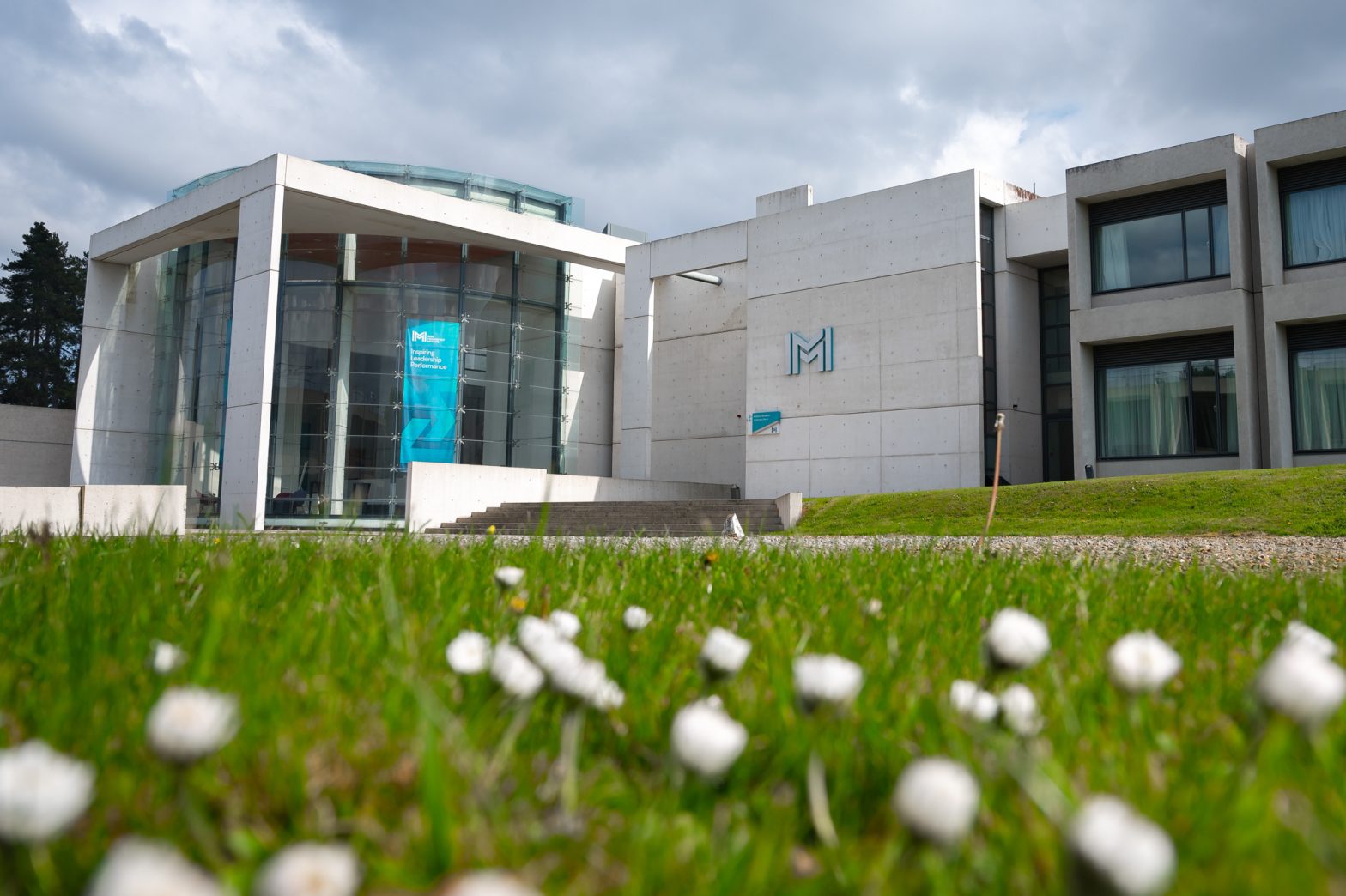Insights from the People Strategy Network Event with Mervyn Dinnen
By Ben Davern | 28th August 2024
The world of talent acquisition and management is evolving at an unprecedented pace. At the recent IMI People Strategy Network event featuring Mervyn Dinnen, a well-respected author, HR talent trends analyst, and host of the podcast “HR Means Business,” we gained valuable insights into the current state of the HR industry. Mervyn shared his extensive knowledge on HR tech, future forecasting, candidate experiences, and the importance of talent mobility.
The Changing Landscape of Talent Acquisitions
Mervyn opened the event by highlighting the dynamic nature of the HR field. He stressed the importance of understanding that many trends we associate with the COVID-19 pandemic had their roots in pre-pandemic times. One such trend is the evolving attitudes toward remote and flexible working. Remote work is not a new concept, but the pandemic accelerated its adoption and reshaped our perceptions of it.
Talent acquisition has undergone significant transformations over the past three decades. The internet, followed by social media, changed how companies reach out to potential candidates. Today, AI, automation, and data analytics play crucial roles in the recruitment process. We are now entering an era of personalisation where tailored experiences are key to attracting and retaining top talent.
Mervyn emphasized that at the beginning of 2023, Gartner forecasted the future of work trends, which are centered around talent. These trends include a focus on wellbeing, diversity and inclusion, mental health, and alleviating pressure. It’s clear that the success of businesses is intrinsically tied to how effectively they find, attract, and retain talent.
The Key Components of the Recruitment Process
Mervyn outlined six key components that make up an effective recruitment process:
- Measure and optimise the recruitment process
- Build trust between all stakeholders
- Assess candidates in a way that identifies their potential
- Use technology to analyse interviews
- Avoid delays in interviewing
- Automate repetitive tasks
Mervyn introduced the concept of the talent experience relay race. It involves multiple stages, from candidates being interviewed to receiving an offer, accepting it, and finally transitioning to onboarding. He highlighted the importance of maintaining communication with candidates throughout this process, as gaps in communication can lead to decreased engagement.
Mervyn discussed the impact of micro experiences on candidates’ perceptions of organisations. These momentary experiences can have a profound influence on how individuals feel about a company. Positive experiences, in particular, have long-lasting effects, creating a positive perception of the business. Mervyn stressed the importance of creating positive, meaningful interactions throughout the recruitment process.
The New Talent Experience
The recruitment landscape is fraught with challenges that candidates often grapple with, including the frustration of receiving inadequate feedback, a sense of being undervalued, and a lack of effective communication. The impact of these experiences should not be underestimated. Studies show that the way candidates are treated during the application and interview process significantly influences their decisions to join a company. Negative experiences can quickly find their way onto the digital stage, tarnishing an employer’s reputation in the eyes of potential talent.
Additionally, Mervyn shed light on the concept of moral burnout, which emerges when employees feel mistreated or unsupported by their organizations. This burnout is often the result of enduring abusive leadership practices or when an organization prioritizes team performance at the expense of individual well-being. However, one practice that can significantly bolster employee well-being is the adoption of hybrid or remote work arrangements. These arrangements not only offer the potential for enhanced work-life balance but also open the doors to greater collaboration in virtual work environments while preserving the flexibility that employees increasingly seek.
According to Mervyn, skills are at the heart of the modern business economy, and skill-building is a prevailing theme for the future. In a world where digital talent values intellectual curiosity and the ability to adapt to rapidly evolving job roles, nurturing these competencies becomes a priority for employers. To navigate this ever-changing landscape successfully, organisations must break down silos in HR, adopting a holistic perspective on skills, which includes ensuring equity in the treatment and experiences of all employees. It’s crucial to recognise that not all skills need to be exclusively supplied by humans, embracing technological advancements and automation to complement human capabilities.
Six Shifts for a World-Class Candidate Experience
Mervyn outlined six shifts to improve the candidate experience:
- Empower candidates by offering asynchronous tasks and self-scheduling
- Continually iterate the recruitment process
- Personalize the candidate experience
- Provide value to candidates
- Offer job previews to showcase the work environment
- Differentiate through diversity and inclusion efforts
The insights shared by Mervyn in this event underscore the evolving nature of talent acquisition and retention. In a rapidly changing world, businesses must adapt their HR strategies to attract and retain the best talent. By embracing technology, personalization, and a commitment to improving the candidate experience, organizations can thrive in the competitive world of HR. Additionally, a focus on talent mobility and skills development is crucial for long-term success in the ever-changing job market.
IMI Corporate Members have access to webinars and in-person thought leadership events throughout the year. Find out more about Corporate Membership here.
FAQ
What is meant by talent management?
Talent management includes all the ways that organizations bring employees on board, keep them happy and productive, and help them continue to develop their skills over time.
Is talent acquisition different from HR?
Talent acquisition focuses on attracting, sourcing, and hiring new employees with the right skills and cultural fit. Human resources, on the other hand, manages the entire employee lifecycle, including onboarding, benefits, performance management, and compliance.
Is talent acquisition the same as recruiting?



